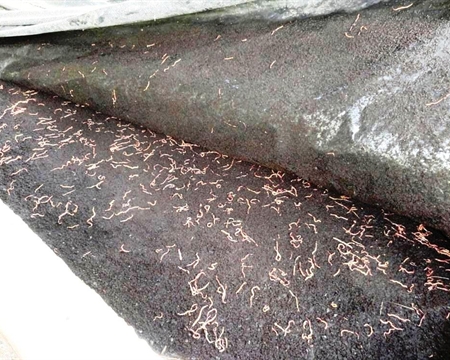Honduras Siguatepeque Cerro Azul SHG EP
Bags 0
Warehouses Oakland
Flavor Profile Cantaloupe, caramel, cocoa powder
Out of stock
About this coffee
Grower
Cooperativa de Horticultors Siguatepeque Limitada (COHORSIL)
Altitude
1300 – 1650 masl
Variety
Bourbon, Catuai, Caturra, and Pacas
Soil
Clay minerals
Region
Siguatepeque, Comayagua, Honduras
Process
Fully washed and dried in the sun
Harvest
November - March
Certification
Conventional
Coffee Background
Here is a super consistent coffee that Royal has been purchasing since 2005. Sandwiched between two of the most productive coffee growing regions in Honduras, Cooperativa Cafetalera Siguatepeque Limitada (COHORSIL) has to run like a well-tuned machine to manage the magnitude of cherry that flows from the mountainous departments of Comayagua and Intibuca. COHORSIL’s strategy begins with 6 regional wet-mills where producers deliver cherry. Each mill is similarly designed so coffee can be processed consistently at each location. All of the mills float cherries using recycled water to remove less dense and damaged beans before depulping. After depulping, coffee is fermented for 18 hours and then washed with a demucilager, which uses very little water. Washed parchment is density sorted again in classification channels and then placed on patios to pre-dry. Next the coffee is transported to a centralized mill in Siguatepeque where it is dried in horizontal dryers called guardiolas for a period of 72 hours. Furnaces burn recycled coffee parchment to heat the guardiolas. Dried parchment is stored and milled in Siguatepeque, which has mild weather conditions ideal for resting parchment and preparing coffee for export.
COHORSIL has a fully staffed cupping lab equipped to cup through every lot and ensure consistent quality. The entire post-harvest process has been certification in the quality management systems from the International Organization for Standardization (ISO-9001). COHORSIL is not just a coffee cooperative, it also has an organic fertilizer production plant that uses coffee pulp as the base ingredient and California earthworms to promote decomposition. Plus, it has a massive greenhouse operation where thousands of vegetable seedlings are grown each year. And to tie it all together, there are 14 agricultural supply stores spread across western Honduras.




